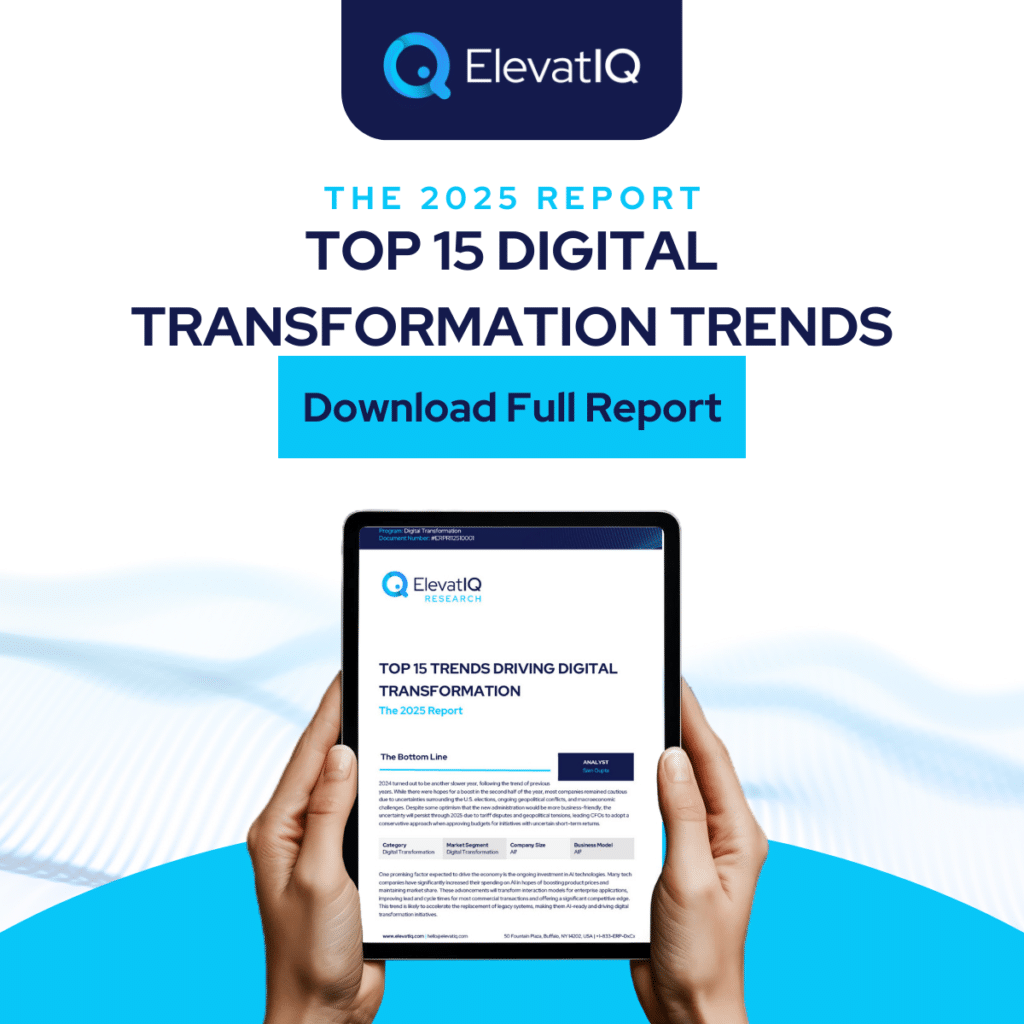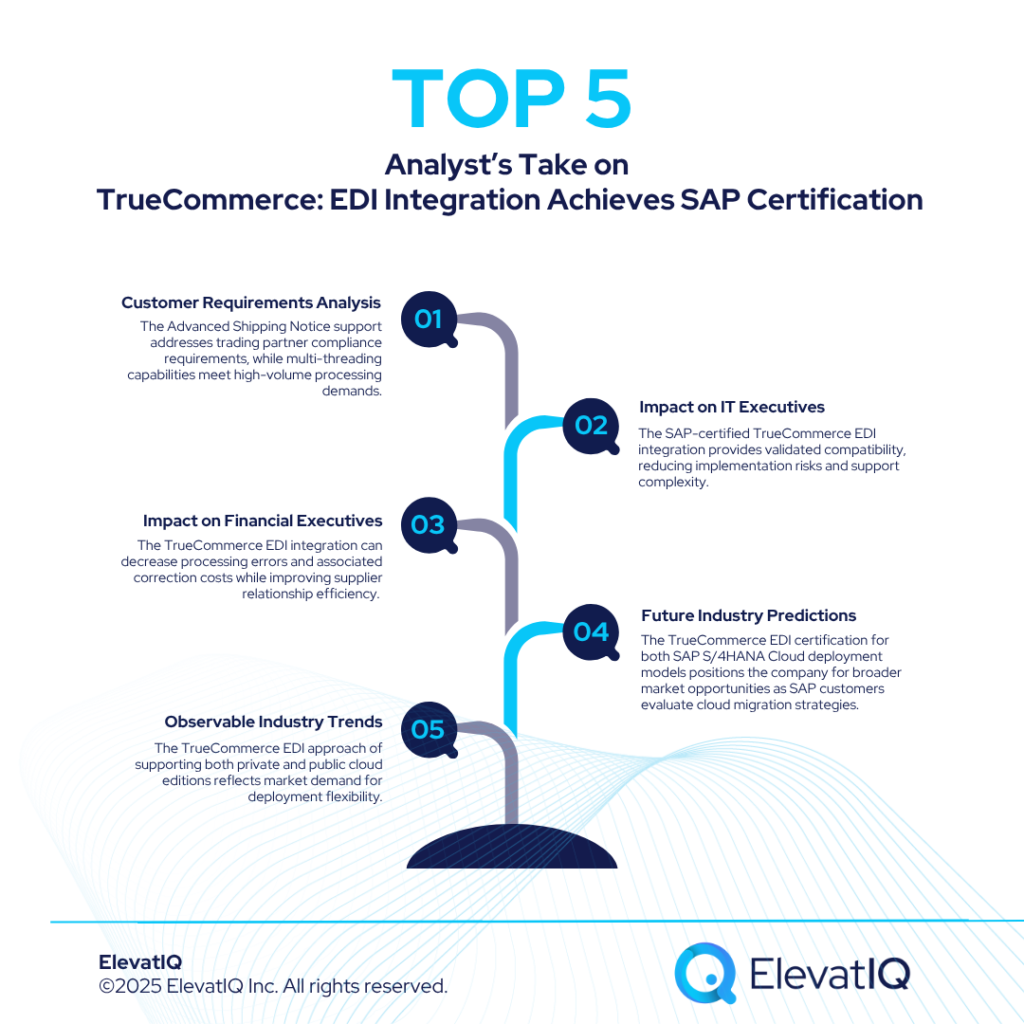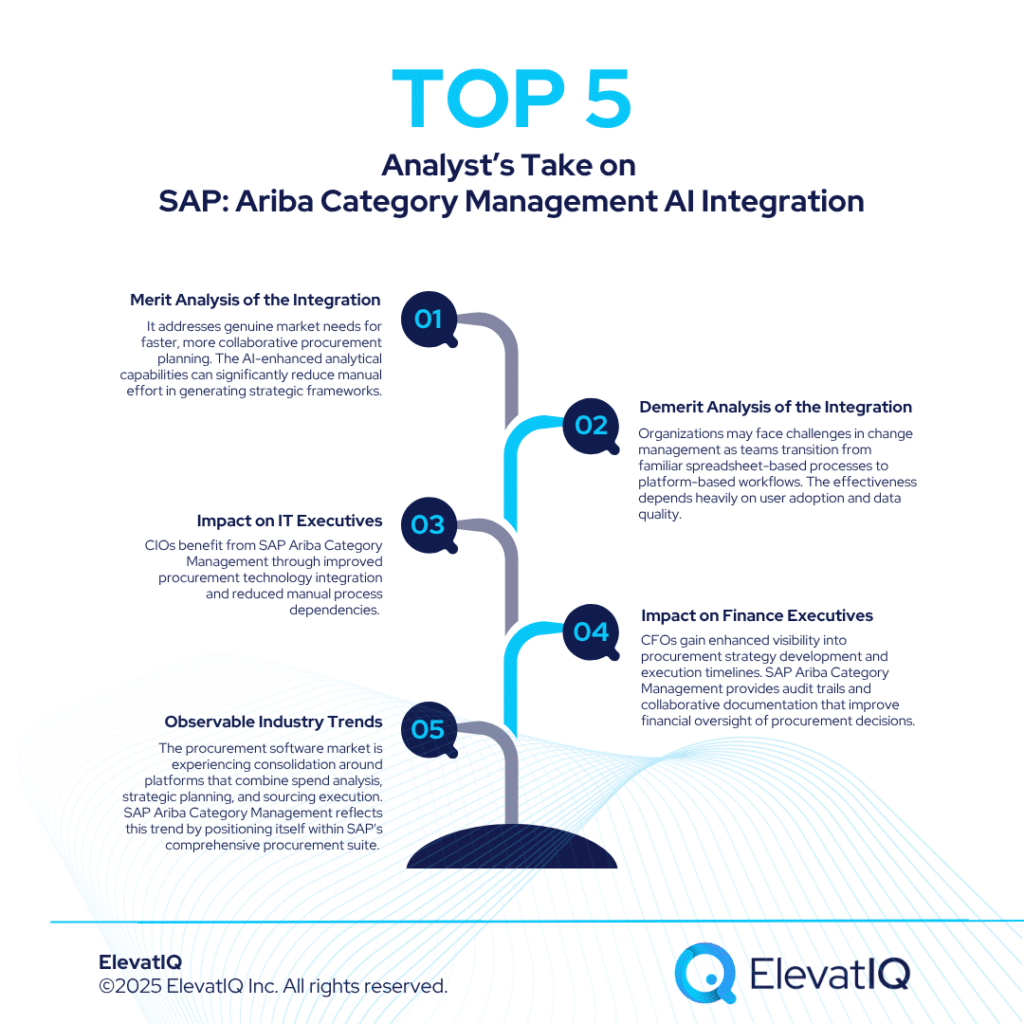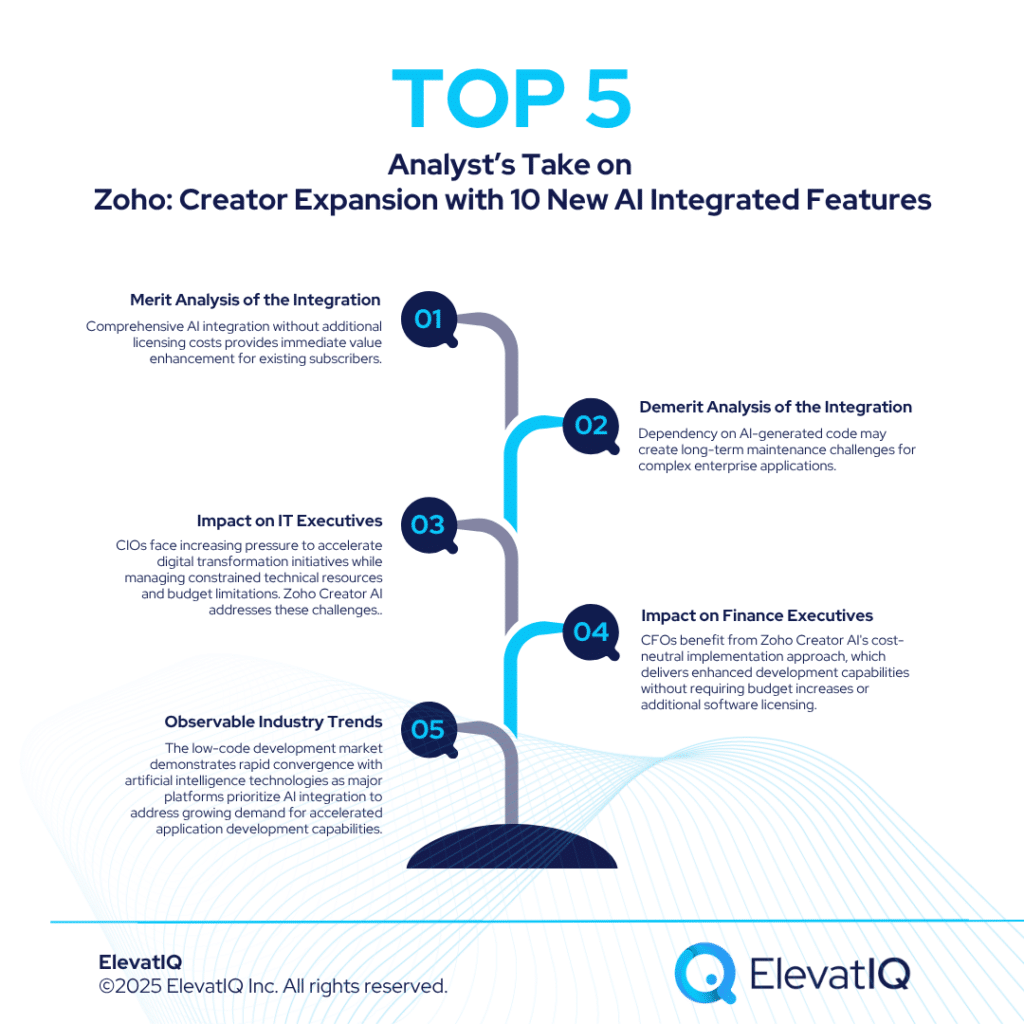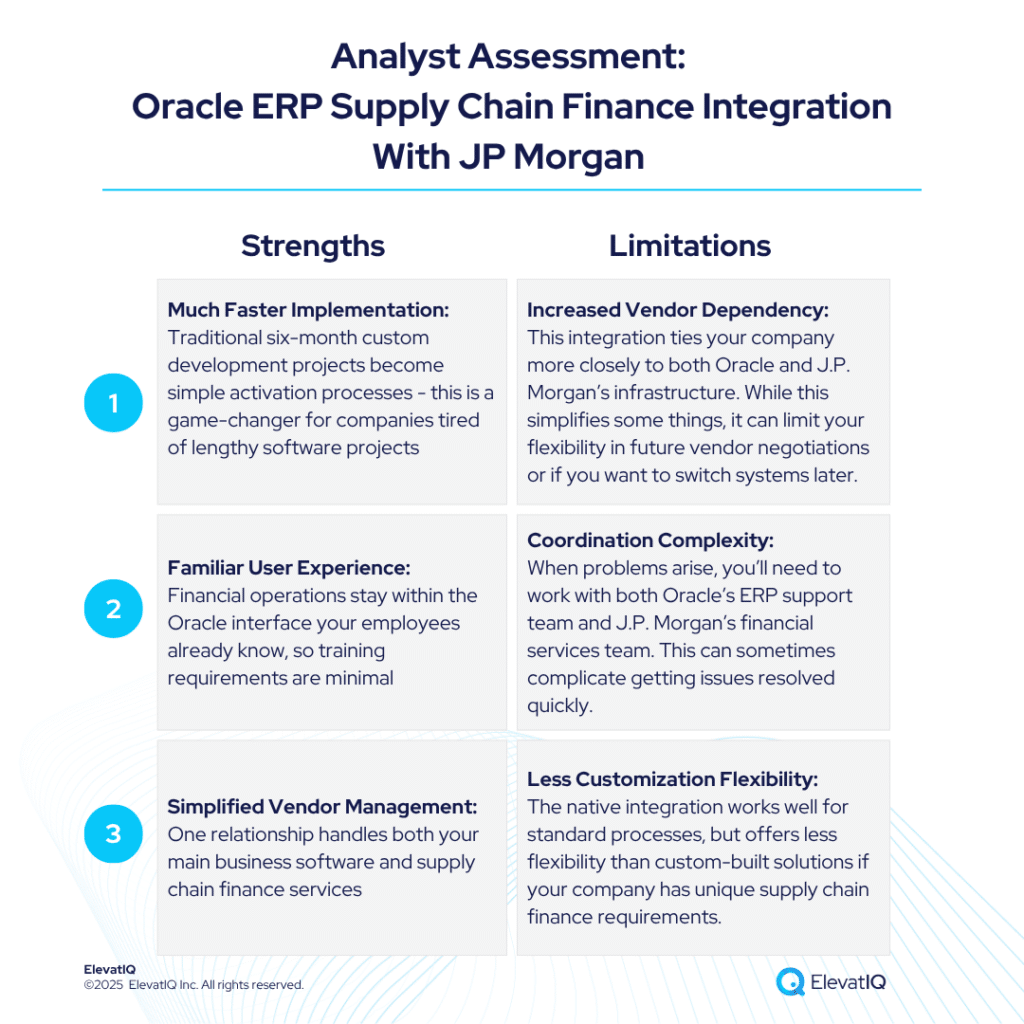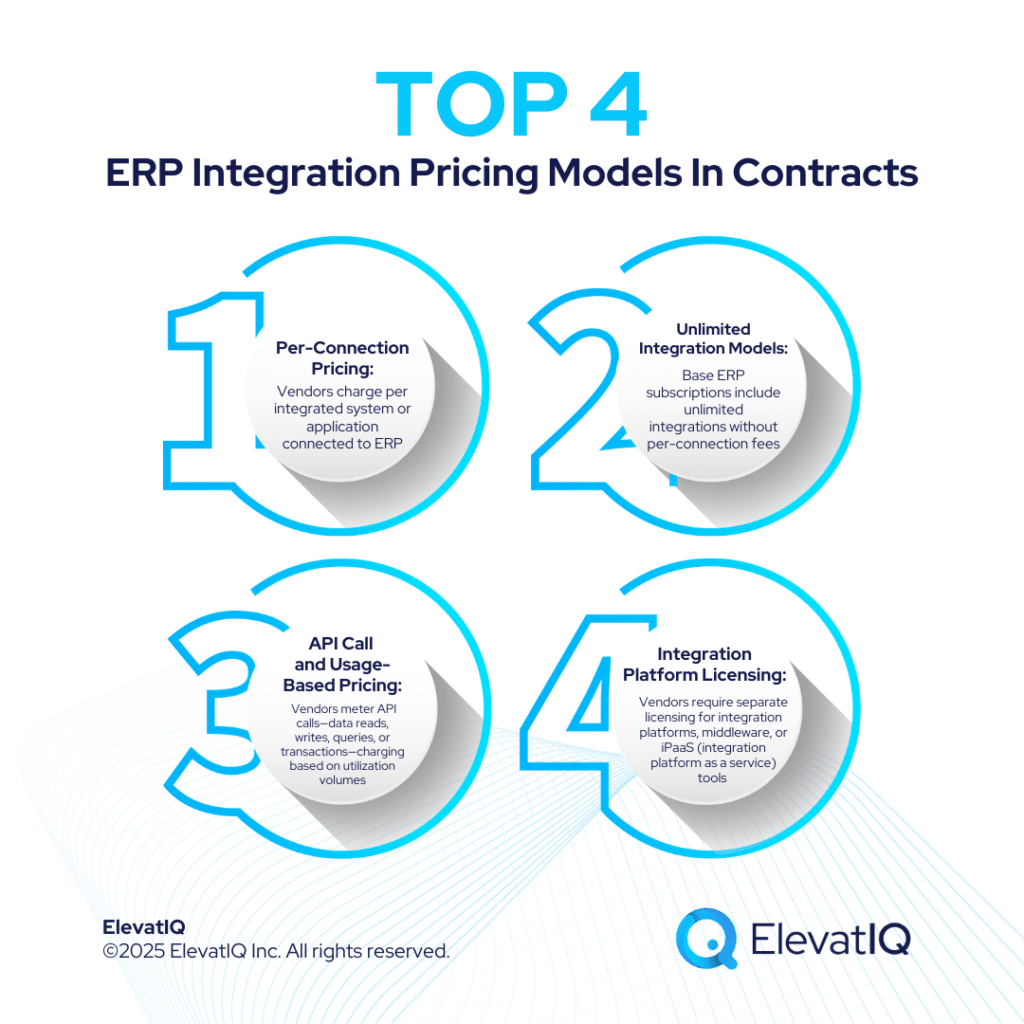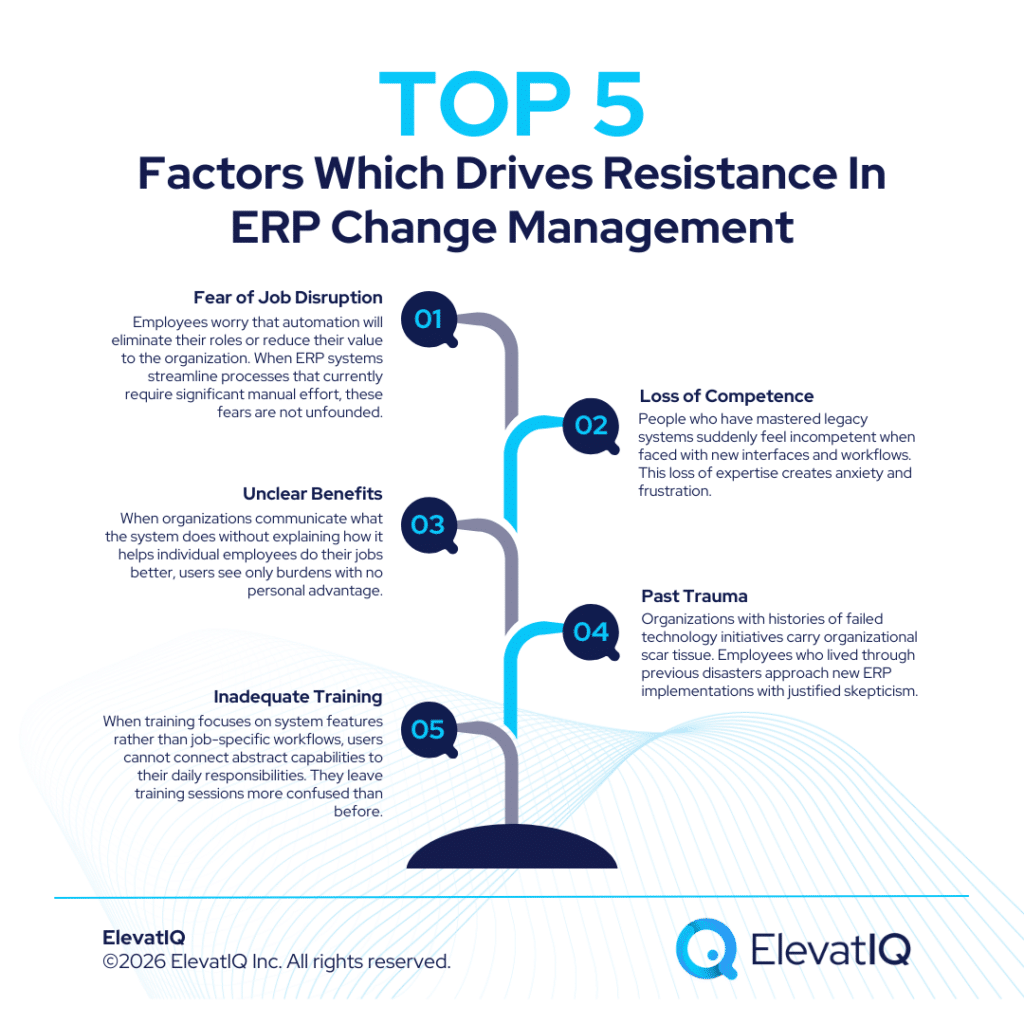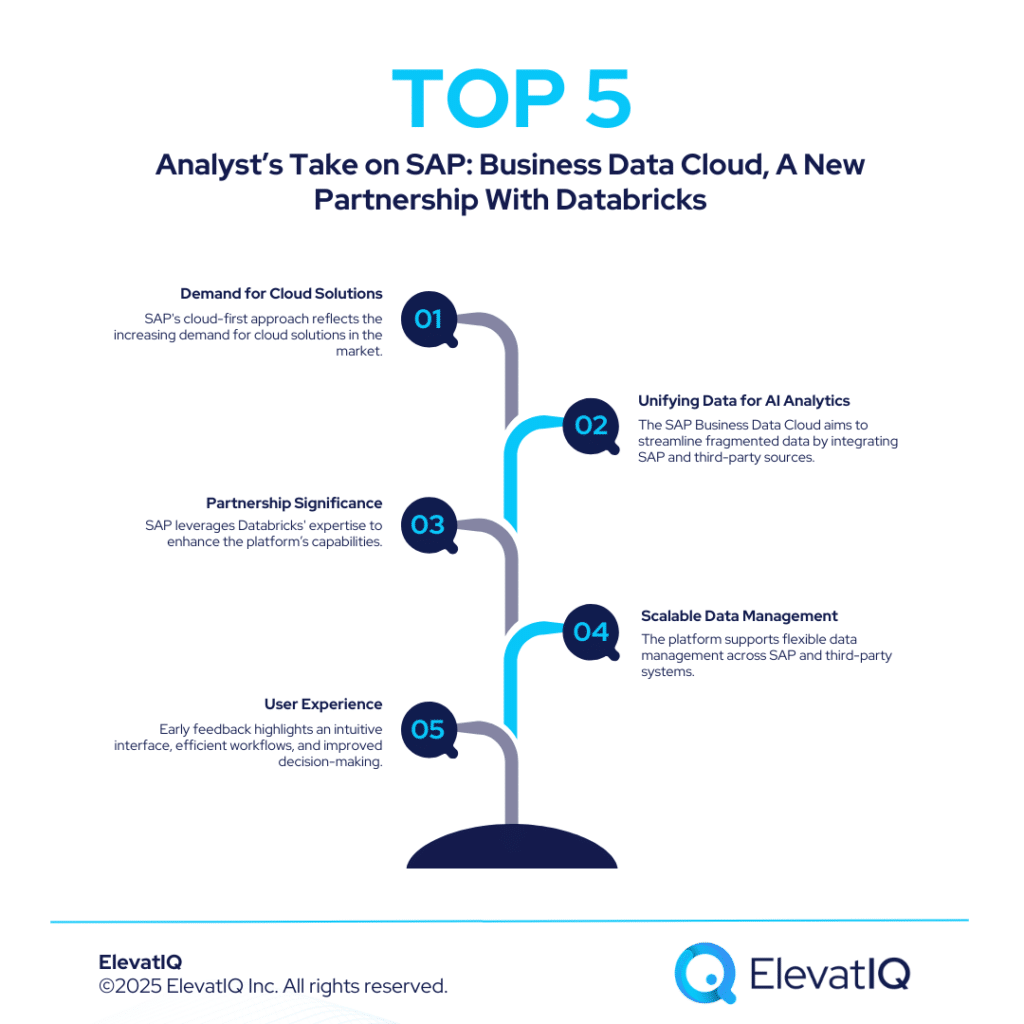TrueCommerce has secured SAP certification for its EDI solution’s integration with RISE with SAP S/4HANA Cloud Private Edition. The company announced this development as an expansion of its certified SAP integration portfolio. Thus, including both public and private cloud editions of SAP S/4HANA. The TrueCommerce EDI integration supports S/4HANA Cloud Private Edition versions 2023 and newer.
Structured Breakdown of the News
Certification Scope and Technical Specifications
The SAP Integration and Certification Center has certified TrueCommerce EDI Integration version 8.12.2.110 for compatibility with RISE with SAP S/4HANA Cloud using standard integration technologies. This certification specifically covers SAP S/4HANA Cloud Private Edition versions released in 2023 and subsequent versions. The integration operates alongside TrueCommerce’s existing SAP-certified EDI solution for SAP S/4HANA Cloud Public Edition.
Key Integration Features
The TrueCommerce EDI solution delivers several core capabilities for SAP S/4HANA Cloud Private Edition users. The integration automates critical business document exchanges, reducing manual processing requirements and minimizing error potential. Advanced Shipping Notice (ASN) support accommodates various ASN types to meet diverse trading partner compliance requirements.
Performance and Processing Capabilities
Multi-threading functionality enables simultaneous processing of multiple large transactions, reducing processing delays and improving overall system performance. The TrueCommerce EDI integration provides comprehensive document support across order-to-cash, procure-to-pay, and warehousing workflows. Drop shipping operations and multi-channel eCommerce integration capabilities allow businesses to respond to market demands efficiently.
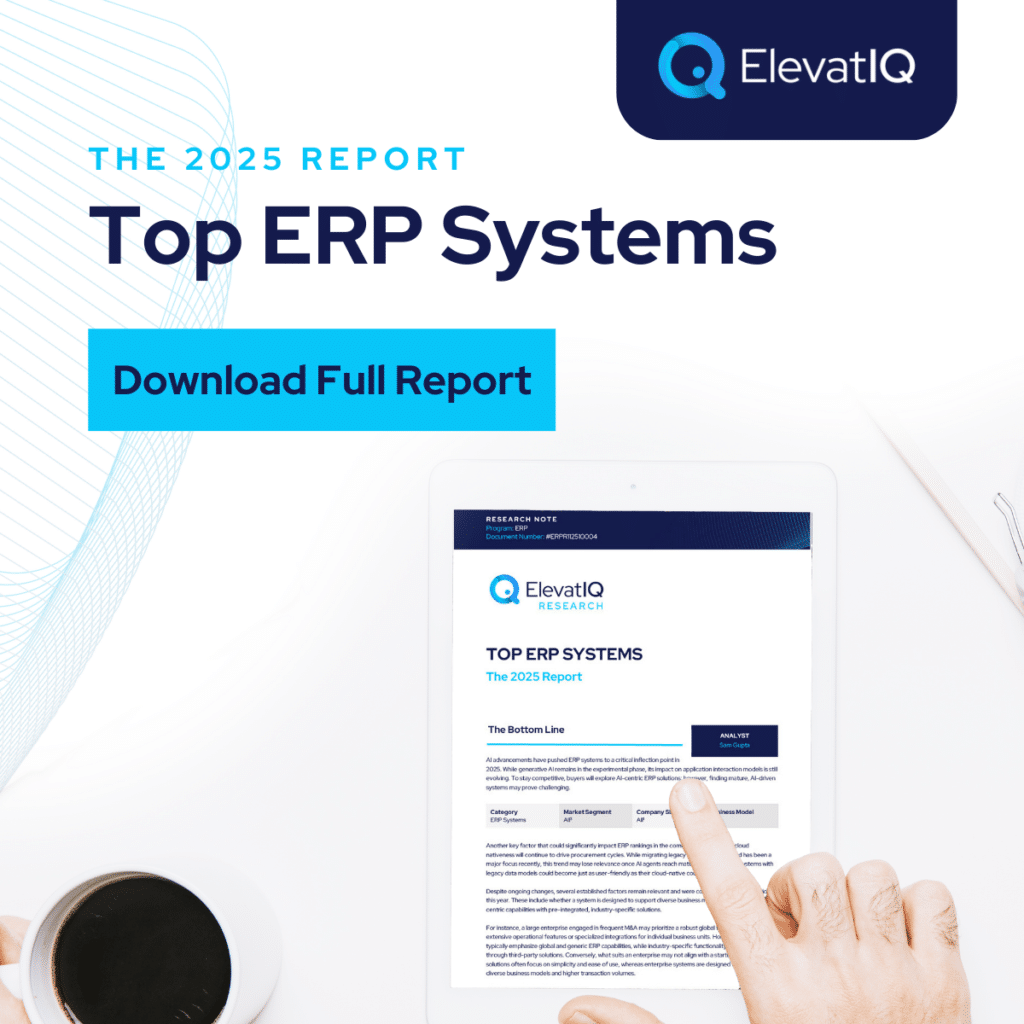
Strategic Product Portfolio Context
Ryan Tierney, Senior Vice President of Product at TrueCommerce, stated: “Coming on the heels of our EDI integration with SAP S/4HANA Cloud Public, this latest certification for SAP S/4HANA Cloud Private extends our EDI integration offering for companies on the path to digital transformation with S/4HANA Cloud.” He added: “As we continue to expand our portfolio, we remain focused on the future—providing our customers with cutting-edge options and the flexibility to choose the integration approach that best aligns with their unique business needs and positions them for long-term growth.”
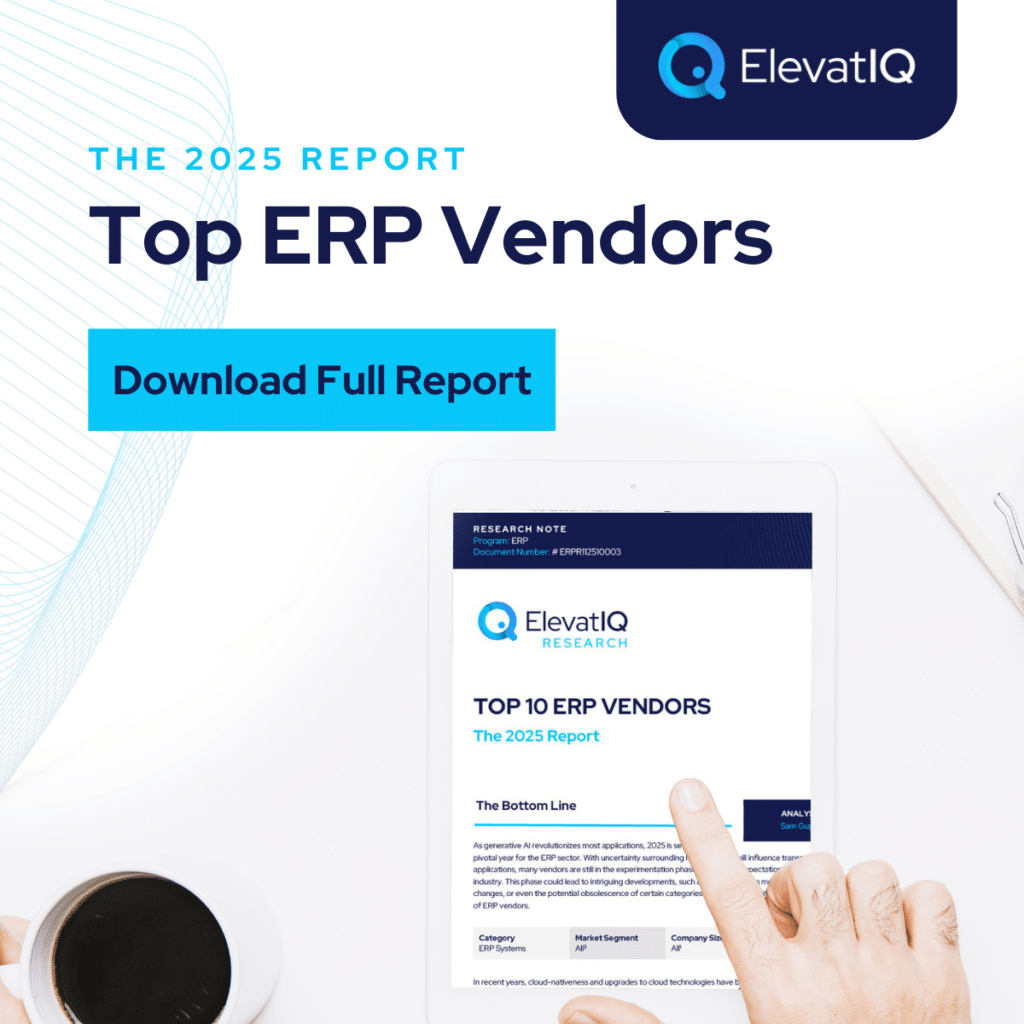
Common Questions That We Are Hearing
What is the difference between SAP S/4HANA Cloud Private and Public Edition integration?
The TrueCommerce EDI integration is likely to support both deployment models. SAP S/4HANA Cloud Private Edition offers dedicated infrastructure and greater customization options, while Public Edition provides standardized functionality in a multi-tenant environment. Both versions receive certified TrueCommerce EDI integration support.
Which SAP S/4HANA Cloud Private Edition versions are supported?
The certified TrueCommerce EDI integration supports SAP S/4HANA Cloud Private Edition versions 2023 and newer. Organizations using earlier versions would need to upgrade to access the certified integration capabilities.
What business processes does the integration cover?
The integration supports order-to-cash, procure-to-pay, and warehousing workflows. It includes drop shipping functionality and multi-channel eCommerce integration capabilities for comprehensive supply chain operations.

How does multi-threading improve performance?
Multi-threading allows the TrueCommerce EDI system to process multiple large transactions simultaneously rather than sequentially. This likely reduces processing delays and improves overall system throughput for high-volume EDI operations.
Analyst’s Take
Customer Requirements Analysis
Organizations evaluating TrueCommerce EDI integration typically prioritize compliance capabilities, processing performance, and workflow coverage. The Advanced Shipping Notice support addresses trading partner compliance requirements, while multi-threading capabilities meet high-volume processing demands. However, organizations must consider integration complexity and ongoing maintenance requirements when implementing comprehensive EDI solutions.
Impact on IT Executives
CIOs benefit from standardized integration approaches that reduce technical complexity and maintenance overhead. The SAP-certified TrueCommerce EDI integration provides validated compatibility, reducing implementation risks and support complexity. However, CIOs must evaluate integration architecture decisions between private and public cloud deployments based on security, compliance, and customization requirements. The dual certification approach offers deployment flexibility but requires careful architecture planning.
Impact on Financial Executives
CFOs gain operational cost benefits through automated document processing and reduced manual intervention requirements. The TrueCommerce EDI integration can decrease processing errors and associated correction costs while improving supplier relationship efficiency. However, CFOs must consider total cost of ownership including integration licensing, implementation services, and ongoing maintenance expenses. Multi-threading capabilities may reduce infrastructure requirements for high-volume processing scenarios.
Future Industry Predictions
EDI integration demand will likely increase as organizations migrate to cloud-based ERP systems. The TrueCommerce EDI certification for both SAP S/4HANA Cloud deployment models positions the company for broader market opportunities as SAP customers evaluate cloud migration strategies. Integration standardization through SAP certification programs will become increasingly important for vendor selection decisions.
Observable Industry Trends
Enterprise software vendors are pursuing comprehensive certification strategies across multiple cloud deployment models to address diverse customer requirements. The TrueCommerce EDI approach of supporting both private and public cloud editions reflects market demand for deployment flexibility. Organizations are prioritizing certified integrations to reduce implementation risks and ensure long-term vendor support capabilities.
